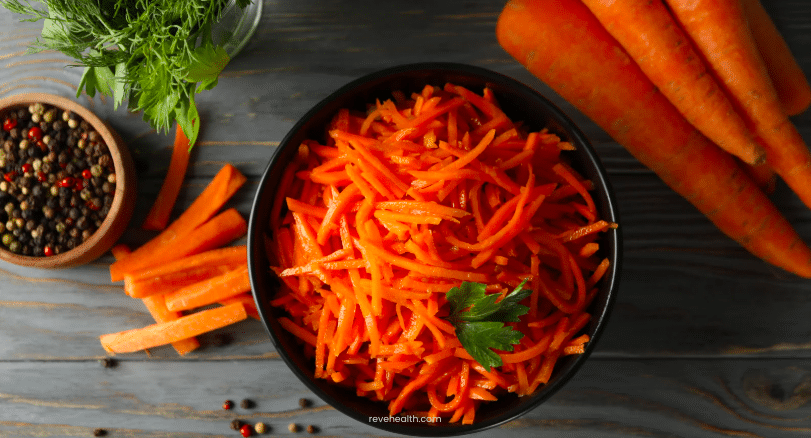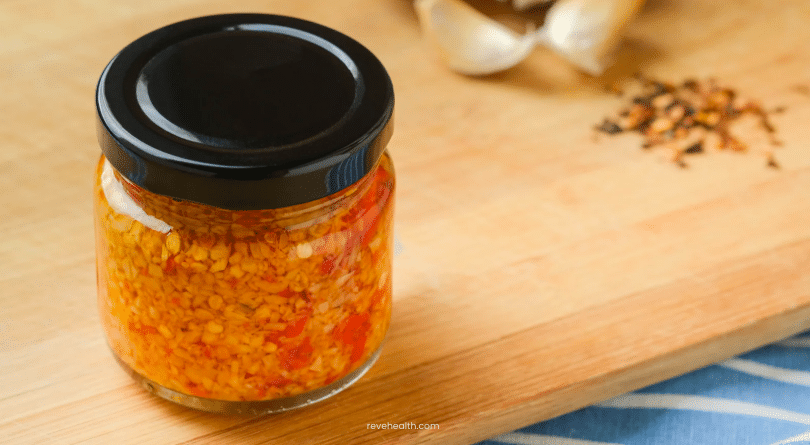Understanding Toxicity and Toxic Foods
Toxic Chemicals in Food
While the processing of food has allowed for more availability of different foods year round and longer shelf lives, some food processing can have a negative impact on our health.
Let’s go over a few common chemicals and their impacts:
BPA:
What It Is: BPA (Bisphenol A) is a synthetic chemical used to make hard plastics and linings inside of metal cans. The most significant sources include canned foods (especially of acidic foods like tomatoes and tomato sauce), water bottles, and plastic food storage containers.
How It Impacts Your Health: Studies have shown that BPA can impact hormonal health in many different ways – estrogen dominance (think painful periods), lower thyroid function (think decreased metabolism), decreased female and male fertility, increased risk of PCOS, and decreased sperm concentration, motility and count.
Glyphosate
What It Is: Glyphosate is the most commonly used pesticide in the world. If you are consuming a product that is not organic, chances are high that glyphosate was sprayed during the growing process.
How It Impacts Your Health: Glyphosate is a probable carcinogen (causes cancer), increases the rate of ADD and ADHD, and can have detrimental impacts on fertility. Even at low, non-toxic levels, glyphosate has been shown to decrease sperm production and increase miscarriage rates.
Food Coloring
What It Is: The most common food dyes include Red 40, Blue 1, Yellow 5, and Yellow 6. They are added to foods to change the color of the finished food product. They are found in more obvious products like frostings and sprinkles and less obvious products like farmed salmon and some balsamic vinegars.
How It Impacts Your Health: Studies have linked food dyes to hyperactivity in children. There are also probable correlations with food dyes and cancer, allergic reactions, and inflammatory bowel disease.
Seed Oils
What Is It: Seed oils are refined vegetable oils that are typically used in processed foods. These include canola oil, soybean oil, sunflower oil, grapeseed oil, and safflower oil.
How It Impacts Your Health: Seed oils are highly processed by the time they get into a processed food finished product. This process oxidizes the oil, making them rancid by the time you consume it. They tend to be a big source of underlying inflammation when regularly consumed.
Tips to Avoid Toxins in Food
Avoid Plastic Bottles
Drink out of glass or stainless steel water bottles. Avoid drinking out of plastic water bottles, using plastic food storage containers, and consuming lots of canned food items. Occasional use is okay!
Avoid Seed Oils
Look for brands that use olive oil, coconut oil or avocado oil instead of seed oils in their products. This can take some diligence reading food labels – it gets easier with time.
Eat Organic
Try to consume primarily an organic diet. It will dramatically reduce your glyphosate exposure. If you need to budget, see the handout for the clean fifteen and dirty dozen lists.
Wash Your Produce
Wash your produce, organic or not! Even organic produce uses pesticides in the growing process (they’re not synthetic – another loophole!). See the handout for how to wash your produce.
Avoid Processed Foods
Avoid processed foods with food dyes in them. There are plenty of options now that do not include them and include natural dyes like color from beets or carrots.

